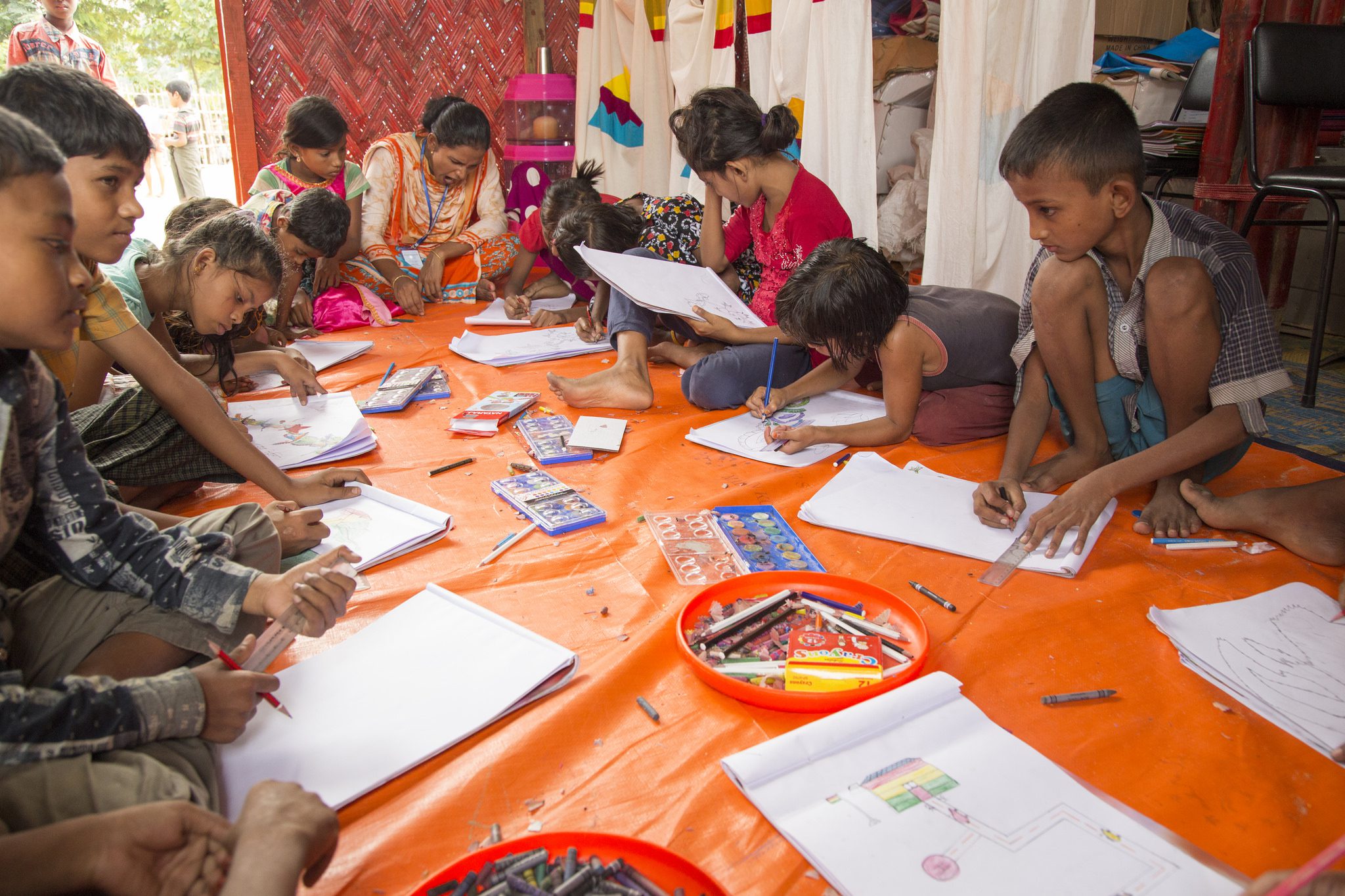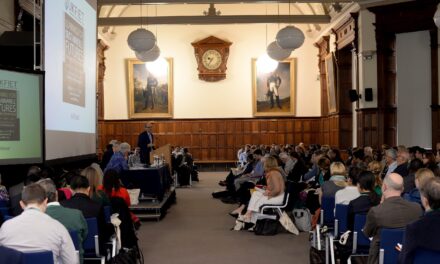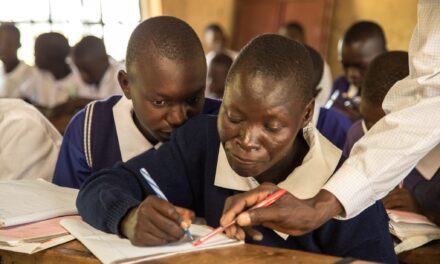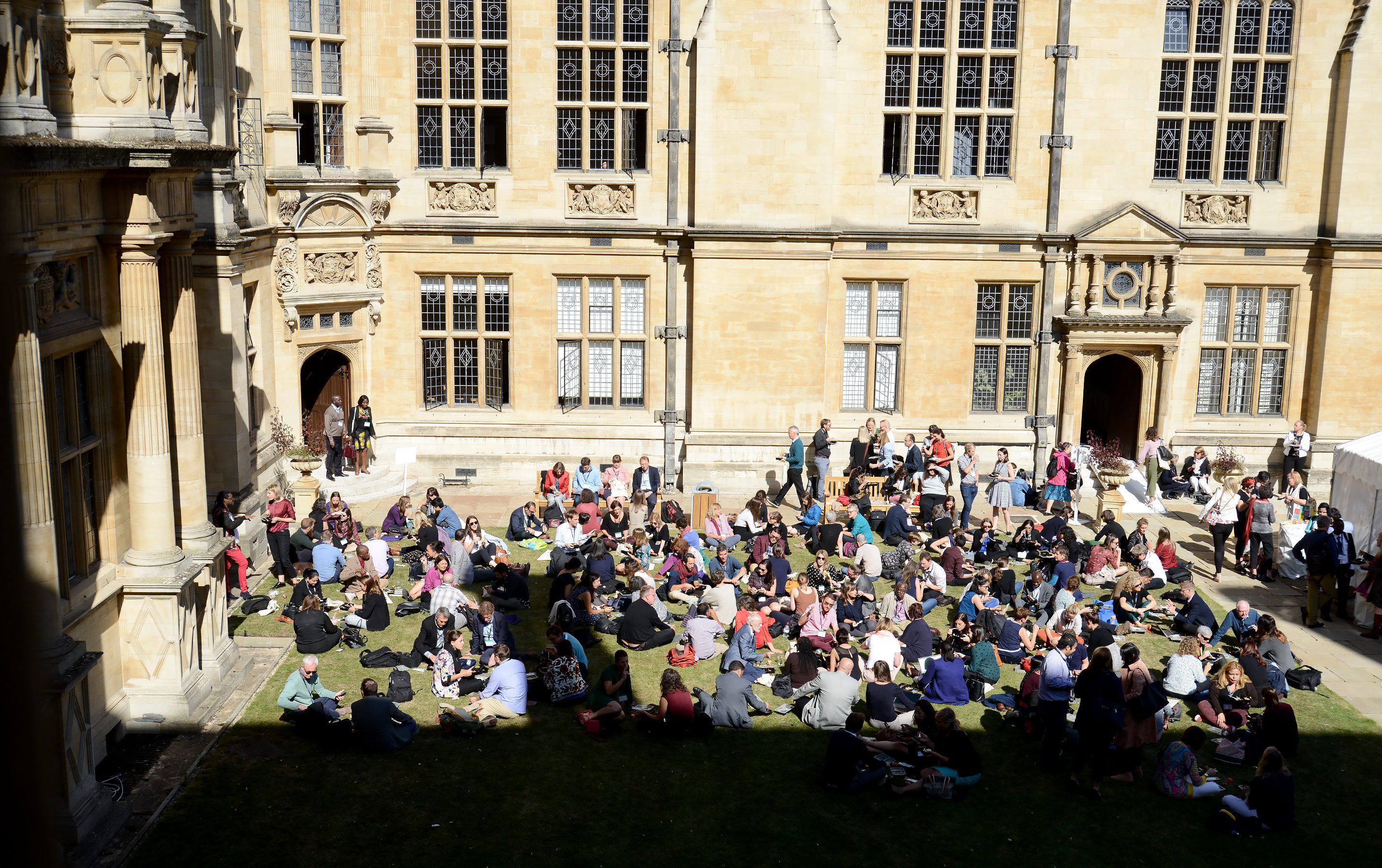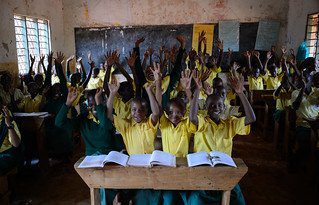The UKFIET 2019 conference had 6 themes relating to Inclusive Education Systems. The co-convenor for the theme ‘Problematising inclusive systems’ was Elizabeth Walton, Associate Professor in Special and Inclusive Education, School of Education, University of Nottingham.
When we conceptualised this theme in advance of the call for abstracts, we said that the theme would seek to, “take a critical view of extant policies and practices, while also proposing generative ideas for taking the imperative for inclusive education systems forward”. The presenters in this theme represented a variety of sectors (academics, NGOs, civil society, practitioners, and officials) and offered thoughtful critique and a way forward in the quest for more inclusive systems. I would like to express my appreciation to all the presenters in this theme for the time and thought given in preparing their presentations, and for stimulating the engaging discussions that took place.
Different presenters found different ways into the idea of ‘inclusive systems’. School-level learning was the most frequent referent, with more focus on early childhood and primary school learning. Further and higher education were represented, but it seems that we have a way to go in thinking of these sectors in terms of inclusive education.
Barriers to access and participation in education for groups vulnerable to marginalisation were considered by a number of presenters. These groups included girls, disabled students, refugees, students from linguistic and religious minorities, poor students in unequal societies, and gifted/talented students. A number of interventions to promote inclusion were described and demonstrated, with evidence of impact. Going forward, we can see the need for more intersectional understanding of marginalised identities in education.
The terms ‘inclusion’/‘inclusive’ were used differently by different presenters. Two main trends were evident. First, it was used by presenters explicitly aligned with the field of inclusive education, and who used the terms with reference to debates and developments in that field. Other presenters used the terms in a more generic way, with the meaning taken as self-evident. The latter trend can be seen as a positive development and a broadening of the purview of inclusive education, as a range of actors read their work into the aims of the field. There may be a danger, though, that ‘inclusive education’ becomes mainstreamed, or assimilated into the general discourse such that it loses its identity as a critical education project. One of the presenters in this theme challenged the elasticity in definition of inclusive education, noting that a definition has been agreed in the General Comment on the Convention on the Rights of Persons with Disabilities.
One of the most searching questions raised was, “What are we including into?” This question was answered at different points in a number of presentations, as curriculum, pedagogy and assessment were scrutinised, particularly in contexts where low educational outcomes prevail. Critical attention was also given to the cultures of schools and assumptions about the purposes of schooling. The message was clear – inclusion into untransformed and oppressive systems that perpetuate inequality is not the inclusion that we seek.
Finally, the cross-listing of topics in this theme with the other themes – on teacher education, collaborative practices, system-wide interventions, among others – serves as a reminder that achieving inclusive education requires simultaneous work in a number of areas. The presentation on the forthcoming Global Education Monitoring Report on inclusive education referenced the concept note that frames the reporting. The elements of governance and finance, laws and policy, curriculum, school organisation, teachers and other personnel, and parents, students and communities all are imbricated, and all need transformation.
The word ‘challenges’ was used frequently in the submitted abstracts. The challenge of achieving inclusive education does not make inclusion the problem, but rather the problem is that we have entrenched exclusionary practices at all levels of the education system. The presenters in this theme have shown that there is much work to be done to address this, but also that it can be done.

